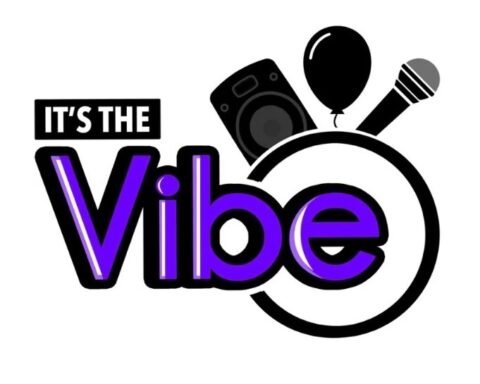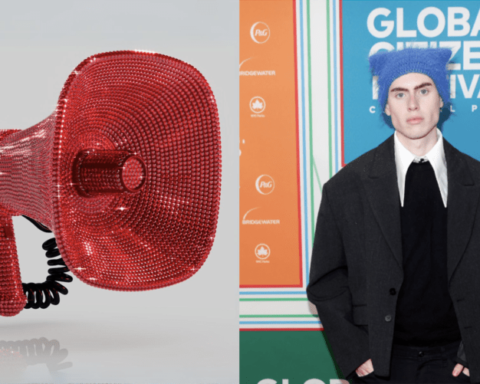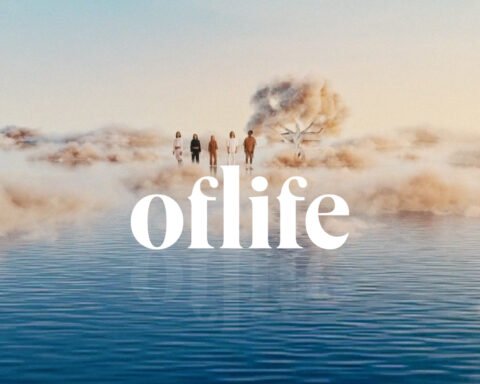This won’t be something that the Shark Tank investors on television want to witness. Here are eleven business projects that were rejected on the show yet went on to achieve great success.
Cellhelmet
Your cell phone, which is your most priceless property, is protected with cases from Cellhelmet. After being rejected by Shark Tank, Cellhelmet went on to develop an entire line of mobile device accessories, including chargers, power banks, and screen protectors. They currently have offices in the US and China, and their items can be found in 3,000 locations.
The company has 30 employees, up 52% from the previous year, according to LinkedIn, which also reports rise in the staff numbers. Its annual revenue is estimated to be $3.4 million by websites like Owler.
Big Shake Chef
Chef Big Shake failed to receive a job offer after showcasing his well-known shrimp burgers on Shark Tank. There was a lot more interest in his work and cooking as a result. 100 episodes of his Shark Tank show have already broadcast. This led to appearances on Access Hollywood, CBS Sunday Mornings, Man Versus Food, QVC, and Martha Stewart Radio.
Mark Cuban claims that in just one year, the company’s sales increased from $200K to over $6 million. They currently operate out of three locations. One of Cuban’s regrets among the businesses who pitched him on the show is this one.
Ring
dubbed “Doorbot” when it made an appearance on Shark Tank. The Sharks were not enthusiastic enough to make the founder an offer that was compelling enough for her to join this startup. It is currently among their biggest errors.
Ring was purchased by Amazon for between $1 billion and $2 billion. Ring has raised over $200 million from prestigious investors such as Richard Branson, DFJ Growth, Qualcomm, Kleiner Perkins, and Goldman Sachs.
Jamie, the founder, currently makes an appearance on Shark Tank as an investor.
Harp and Nails
The man cave where guys go to get groomed and pampered is called Hammer & Nails. Since being rejected for the show, Hammer & Nails has skyrocketed in popularity, opening up prime locations from San Jose to Portland to Owings Mills, Miami, Laguna Niguel, Hollywood, and Brooklyn. The franchise is also expanding.
Since the episode aired, the creator sold 183 franchise licences and secured the requisite $200K investment from angel investors. There are 20 individuals supporting its daily operations at 17 active sites, according to Linkedin.
Green Nuts
Eco Nuts’ organic laundry detergent made an appearance on Shark Tank. The brand, which has grown to include a full menu of conscious products, was rejected for a 50% interest for $175,000, and it is now worth at close to $1 million. The New York Times, MSNBC, Fox, USA Today, Huffington Post, CBS, Inc., Forbes, and the New York Times have all recently featured them.
Shoes Xero
The sharks rejected this startup on television even though it had already made more than $800,000 in sales. These founders have continued despite this. They have progressed to a valuation of roughly $30 million. Xero now offers a complete selection of boots, shoes, and sandals and ships worldwide.
In the end, crowdfunding helped the business raise $1 million. Sales of $5.1 million were anticipated in 2017 and $12.2 million in 2018.
Caffeine and bagels
The $30 million purchase bid from Mark Cuban was rejected by the Kang sisters. Nobody else made them an offer. In four investment rounds since then, Coffee Meets Bagel has raised $23 million. According to Crunchbase, the dating startup has been expanding at a rate of around one million downloads each month. There are 65 people at the organisation, according to Linkedin.
Vino de Copa
The creator of this startup has twice been on Shark Tank. You’ve certainly seen its iconic shaped packaging in one of the more than 13,000 retail places it is featured at today. Following the appearance on the show, sales jumped from $500K to more than $12 million. There are 31 people at the organisation, according to Linkedin.
The company’s estimated current revenue is $67 million.
Bouqs
Service that delivers premium flowers Flowers from sustainable farms are a specialty of Bouqs. Through a Series C financing, it has raised $43 million since Shark Tank. Robert Herjavec of The Tank and other well-known VCs have since taken part.
Owler calculates that the company generates $38 million in revenue annually, and 85 people work there, according to Linkedin.
Evidence Eyewear
After appearing on Shark Tank, the sustainable eyewear firm Proof has since sold more of its growing line. The firm is reportedly earning millions in sales and has no debt, according to the Idaho Statesman.
According to an interview with the entrepreneur, the company’s sales tripled after the show aired. They anticipated $1.6 million in sales in 2016 and planned to be present in 600 U.S. retailers in addition to 200 additional outlets in 200 different countries.
From “Life After Shark Tank,” Here Are 5 Quick Lessons
- It May Take Several Rejections to Receive Funding
Entrepreneurs shouldn’t take it personally if they are rejected by a small panel of investors, as is the case in these TV programmes. Before raising millions of dollars and selling their businesses for more than a billion dollars, some of the top startups had to deal with hundreds of investor rejections. Simply put, you won’t achieve that achievement until you can handle rejection without losing confidence.
On the DealMakers Podcast, I get the privilege of speaking with some of the most prosperous businesspeople. I recently had the opportunity of speaking with Plated’s Josh Hix. They were featured on the programme, and Mark Cuban did make a financial commitment. However, before being purchased for $300 million, Plated received more than 200 investor rejections outside of the show (listen to the full podcast episode here).
- Many startups succeed without external funding.
Even more valuable than the funds they might provide are the advice and attention of the sharks. Raising money may be advantageous. Some business endeavours actually require it. The ability to acquire market share and scale quickly can make all the difference. However, eventually firms must turn a profit. That might really be much simpler if you start out with a successful company plan. Then, you can decide whether to bootstrap or have the power to bargain for better financing arrangements.
- Storytelling Is Everything
Entrepreneurs who have mastered the art of storytelling such that investors understand them are the ones who ultimately receive money. Having a pitch deck that effectively communicates the essence of the company and its future plans is the key way to do this. Look at the pitch deck template developed by Silicon Valley legend Peter Thiel (see it here), which I recently highlighted, for a winning deck. With a check for $500K that later became more than $1 billion in cash, Thiel was the first angel investor in Facebook. Additionally, I commented on a pitch deck from an Uber rival that has funded more than $400M. (see it here).
- Not Everyone Will Recognize the Chance
Even extremely knowledgeable and intelligent investors who have a say in the result don’t always see the potential and value. That does not imply that it is a terrible venture or concept. Carry on.
- Negative press does not exist.
It can be expensive for brands to repair very poor press. But most of the time, even negative experiences, like getting trashed on Shark Tank, aren’t nearly as bad as you may assume. Startups are most in need of two things: visibility and credibility. It is therefore worthwhile to put yourself out there, even if it is uncomfortable and you are unsure of the response you will receive.
Of course, getting funded on TV programmes like Shark Tank has several advantages. There are many benefits from this kind of publicity and validation, whether or not it is supported on TV.



















